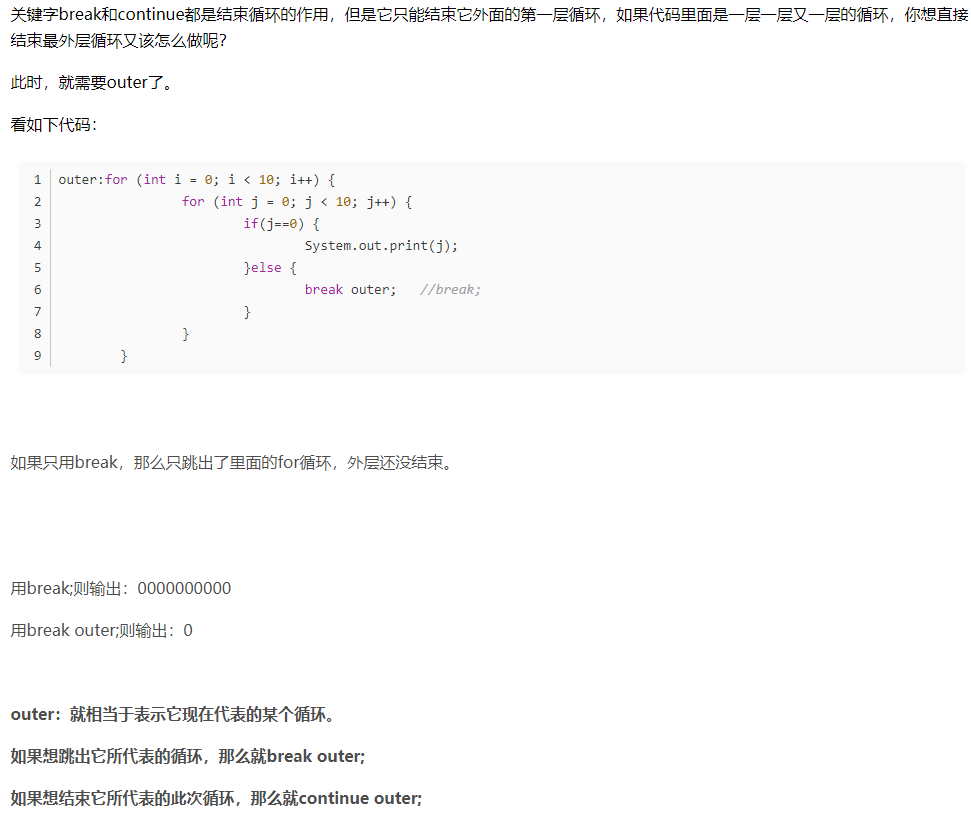Given the array favoriteCompanies where favoriteCompanies[i] is the list of favorites companies for the ith person (indexed from 0).
Return the indices of people whose list of favorite companies is not a subset of any other list of favorites companies. You must return the indices in increasing order.
Example 1:
Input: favoriteCompanies = [["leetcode","google","facebook"],["google","microsoft"],["google","facebook"],["google"],["amazon"]] Output: [0,1,4] Explanation: Person with index=2 has favoriteCompanies[2]=["google","facebook"] which is a subset of favoriteCompanies[0]=["leetcode","google","facebook"] corresponding to the person with index 0. Person with index=3 has favoriteCompanies[3]=["google"] which is a subset of favoriteCompanies[0]=["leetcode","google","facebook"] and favoriteCompanies[1]=["google","microsoft"]. Other lists of favorite companies are not a subset of another list, therefore, the answer is [0,1,4].
Example 2:
Input: favoriteCompanies = [["leetcode","google","facebook"],["leetcode","amazon"],["facebook","google"]] Output: [0,1] Explanation: In this case favoriteCompanies[2]=["facebook","google"] is a subset of favoriteCompanies[0]=["leetcode","google","facebook"], therefore, the answer is [0,1].
Example 3:
Input: favoriteCompanies = [["leetcode"],["google"],["facebook"],["amazon"]] Output: [0,1,2,3]
Constraints:
1 <= favoriteCompanies.length <= 1001 <= favoriteCompanies[i].length <= 5001 <= favoriteCompanies[i][j].length <= 20- All strings in
favoriteCompanies[i]are distinct. - All lists of favorite companies are distinct, that is, If we sort alphabetically each list then
favoriteCompanies[i] != favoriteCompanies[j]. - All strings consist of lowercase English letters only.
class Solution { public List<Integer> peopleIndexes(List<List<String>> favoriteCompanies) { Set<String>[] sets = new HashSet[favoriteCompanies.size()]; for(int i = 0; i < sets.length; i++) sets[i] = new HashSet(favoriteCompanies.get(i)); List<Integer> res = new ArrayList(); for(int i = 0; i < sets.length; i++){ boolean flag = true; for(int j = 0; j < sets.length; j++){ if(j != i && sets[i].size() < sets[j].size() && sets[j].containsAll(sets[i])){ flag = false; break; } } if(flag == true) res.add(i); } return res; } }
利用了set的containsAll method,检查setA是否包含了所有setB的元素。
或者
class Solution { public List<Integer> peopleIndexes(List<List<String>> favoriteCompanies) { Set<String>[] set = new Set[favoriteCompanies.size()]; for (int i = 0; i < set.length; ++i) set[i] = new HashSet<>(favoriteCompanies.get(i)); List<Integer> res = new ArrayList<>(); outer: for (int i = 0; i < set.length; ++i) { for (int j = 0; j < set.length; ++j) if (i != j && set[j].containsAll(set[i])) continue outer; res.add(i); } return res; } }
outer关键词可以帮助跳出外循环,具体用法如下
